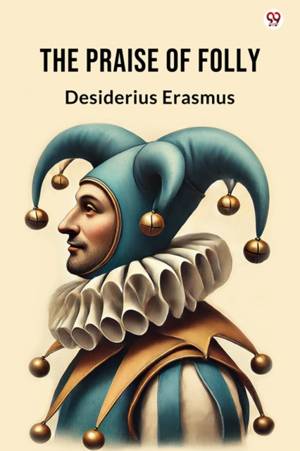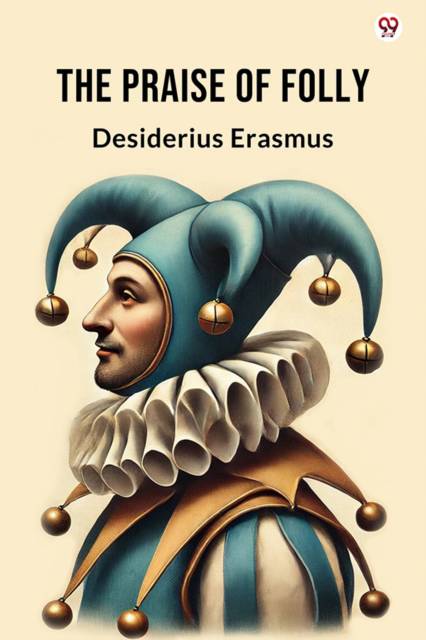
- Afhalen na 1 uur in een winkel met voorraad
- Gratis thuislevering in België vanaf € 30
- Ruim aanbod met 7 miljoen producten
- Afhalen na 1 uur in een winkel met voorraad
- Gratis thuislevering in België vanaf € 30
- Ruim aanbod met 7 miljoen producten
Zoeken
Omschrijving
The Praise Of Folly is a humorous and satirical work in which Folly herself speaks, extolling her virtues and critiquing the foolishness inherent in human behavior. Through a lighthearted tone, Erasmus invites readers to reflect on the value placed on wisdom and seriousness in life, using Folly as a symbol of joy and human folly. Folly presents herself as a deity with power over both gods and men, arguing that her presence brings happiness by exposing the absurdities of wisdom, self-importance, and social pretensions. The work explores how traits like self-love, pleasure, and laziness form part of Folly's household, illustrating the far-reaching impact of these qualities on relationships and societal norms. With a mixture of wit and profundity, Erasmus suggests that a life led by folly embracing joy and imperfection might be more fulfilling than a relentless pursuit of wisdom. The playful critique of human nature, combined with the suggestion that folly can lead to a more meaningful existence, challenges traditional views on virtue and knowledge.
Specificaties
Betrokkenen
- Auteur(s):
- Uitgeverij:
Inhoud
- Aantal bladzijden:
- 74
- Taal:
- Engels
Eigenschappen
- Productcode (EAN):
- 9789370814639
- Verschijningsdatum:
- 1/04/2025
- Uitvoering:
- Paperback
- Formaat:
- Trade paperback (VS)
- Afmetingen:
- 140 mm x 216 mm
- Gewicht:
- 95 g

Alleen bij Standaard Boekhandel
+ 41 punten op je klantenkaart van Standaard Boekhandel
Beoordelingen
We publiceren alleen reviews die voldoen aan de voorwaarden voor reviews. Bekijk onze voorwaarden voor reviews.







